- 23 Posts
- 84 Comments

 7·1 month ago
7·1 month agoWhat bands do you recommend that are of the newer style?

 4·4 months ago
4·4 months agoElectric kettle. Boiling water. Infuser basket in tea pot for 3 - 5 minutes depending on the type of tea. Drink pot and repeat around 1400
Some The Pagmaster vibes. Very nice.

 20·5 months ago
20·5 months agoLearning to play the piano causes complex changes in brain activity that shift over time. Initially, areas of the brain associated with memory, integrating sensory information and processing movement become highly activated, but this lessens as learners become more musically proficient.
Previous studies have looked into the reorganisation of someone’s brain activity while they are playing an instrument, but these have generally been short and based on only one scan.
To learn more about this process, Alicja Olszewska at the Nencki Institute of Experimental Biology in Poland and her colleagues studied 24 people as they learned to play the piano over 26 weeks. This involved a teacher showing them basic techniques, as well as coaching them through eight increasingly complex pieces of music, during 13 45-minute classes. The participants were also encouraged to practise at home for 4 hours a week.
Read more
We may finally know how cognitive reserve protects against Alzheimer’s
After one, six, 13 and 26 weeks of training, the researchers used functional magnetic resonance imaging to scan the participants’ brains as they attempted to play the increasingly complex pieces.
The scans showed that playing the piano activates multiple areas across the brain, including the auditory cortices that are involved in processing sounds and the motor cortices involved in planning and executing movements.
Over the 26 weeks, activity changed little in the auditory cortices, but it generally decreased in the motor cortices. A reduction in brain activity represents its optimisation, which would be expected as the participants’ piano-playing skills progressed, says Olszewska.
The scans also revealed that learning to play the piano initially activates other areas of the brain, including the cerebellum, which coordinates movement, and parts of the parietal cortex, which integrate different types of sensory information. The researchers also found increased activation in the hippocampus, involved in memory, and the basal ganglia, a set of deep brain structures involved in initiating and controlling voluntary movements.
Activity in these areas similarly decreased as the participants’ training progressed. This suggests their underlying neural processes became increasingly optimised alongside improvements in their musical proficiency, says Olszewska.
There are several different ideas about how learning an instrument changes brain activity. According to the “expansion and renormalisation” concept, such training causes grey matter volume to first increase and then decrease as musical proficiency improves. Another explanation states that separate neural pathways that process information side-by-side contribute to people simultaneously learning the right order of the movements required when playing an instrument, along with their timing, speed and force.
Reference:
bioRxiv DOI: 10.1101/2024.01.15.575623

 13·5 months ago
13·5 months agoIf I break it, I buy a better tool. If I lose it, buy a cheap one.

They must have. I remember this vividly and would have been in elementary school at the time
I’ve been using it since it came out and haven’t seen any. Just in app
 3·6 months ago
3·6 months agoHis humor was (is? I haven’t seen any recent stuff by him) so big I can’t imagine seeing it for so long. Exhausting

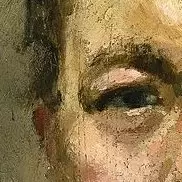 2·6 months ago
2·6 months agoThanks for the clarification. That makes so much more sense than the picture. Although, I do like the painting and artistic license is important and necessary. A painting of Byron swimming while one guy watches the help load a badly decomposed body into a furnace could also by good. Maybe a job for AI

 1·6 months ago
1·6 months agoYeah, and these guys definitely had bricks and even ceramics. They were just being dramatic. On brand

 2·6 months ago
2·6 months agoIt’s going to take a while to cremate open air with just wood. Using tires and diesel over wood it still takes most of a day.

 4·6 months ago
4·6 months agoThe Australian series Love My Way. Got to the end of series 1 and was so shattered I couldn’t keep watching.
IRC is great but I think discord recreates a lot of the functionality with a “web 2.0” or whatever feel that newer internet users are used to and more comfortable with. I like IRC but it was the dominant chat protocol when I was growing up. I like bulletin board style forums too. Things move on and not always for the better.

 11·6 months ago
11·6 months agoI want to say this cd was designed to look like a naked breast if one put their tongue through the spindle hole. Maybe I’m misremembering though. I do remember buying it on a field trip where we got to go to a city with a big mall
So you’re looking for a FOSS version of Android web view or something. A FOSS chromecast controller.

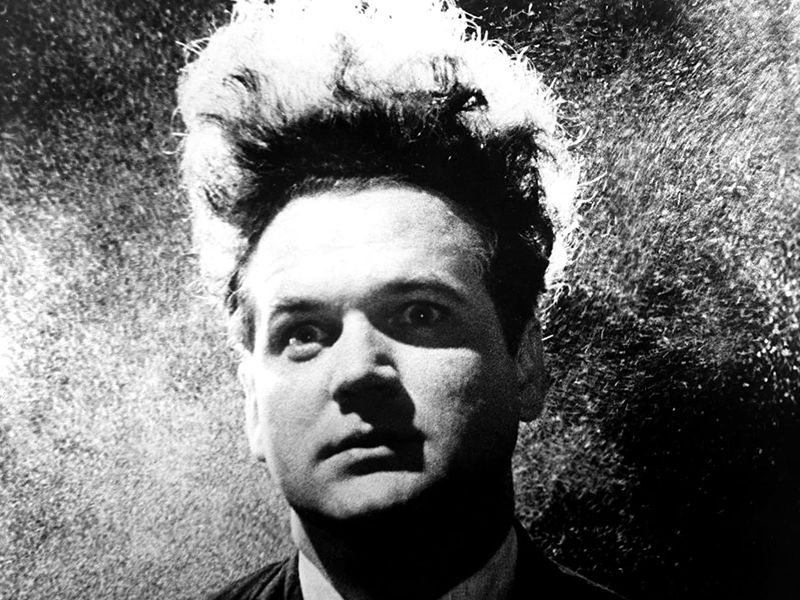 1·7 months ago
1·7 months agoLove bbc radio plays. Their version of neverwhere turned me on to the medium.
Came to lemmy with the first exodus of redditors.
Do have mastodon but never use it just like I used to have Twitter and never use it. I might just not understand how people use those services as after I set them up they are just a cluttered feeling version of my rss feeds.
Pixelfed is neat but I haven’t used Instagram since it first came out so I don’t know how they compare.
I’ve never liked, subscribed or commented that I know of to a YouTube video but I have learned to fix lots of things. Have not tried peertube.
More people should use pixelfed.






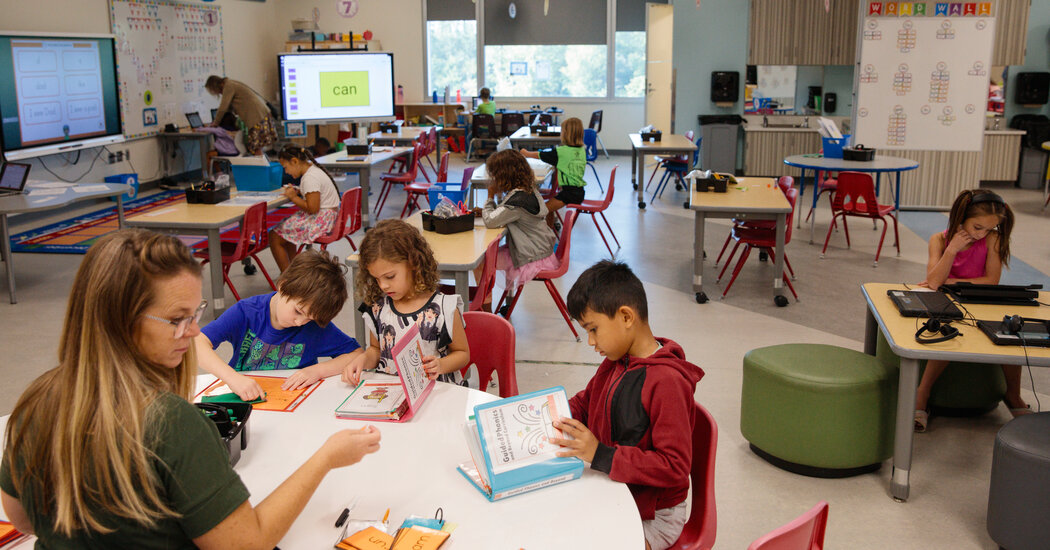





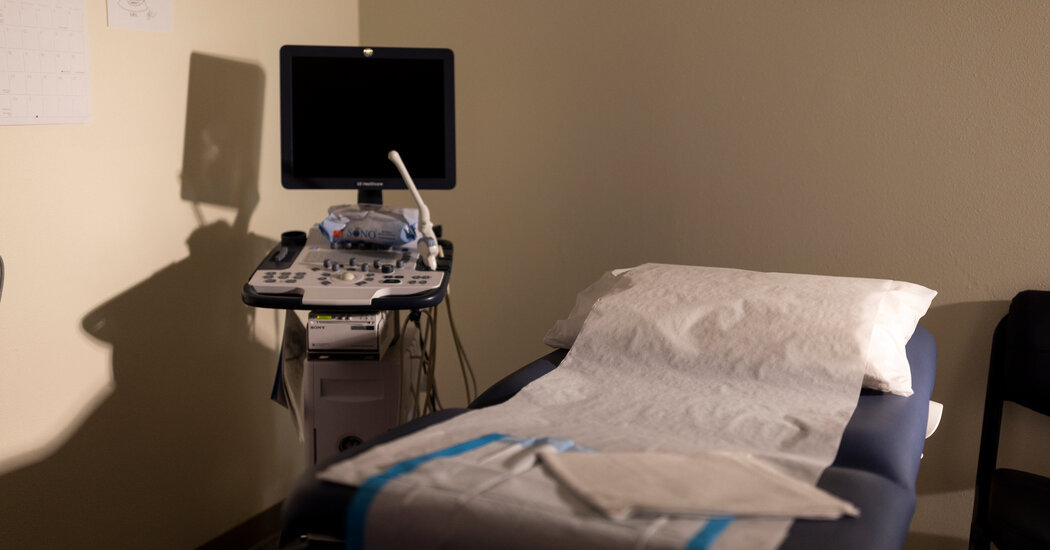
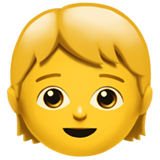
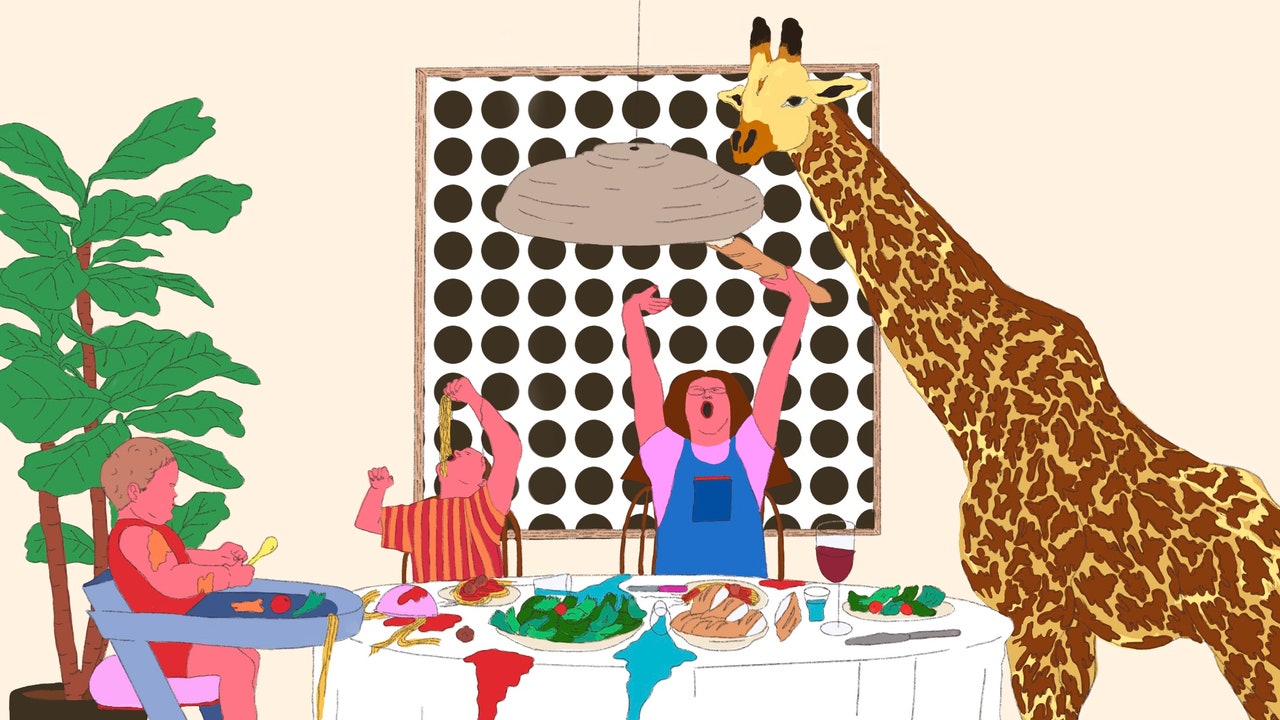






I’ve played and given up the mandolin several times over tge past several years. Longest continuous before now was maybe three months. What I’ve learned through my own learning process is:
Post script: The reason I quit when I do is because I become frustrated with plateaus. I now believe a lot of these plateaus came from bad mechanics. My pinky could not reach the 7th fret no matter how much I practiced. I could not switch chords without destroying my rhythm or muting extra strings etc.